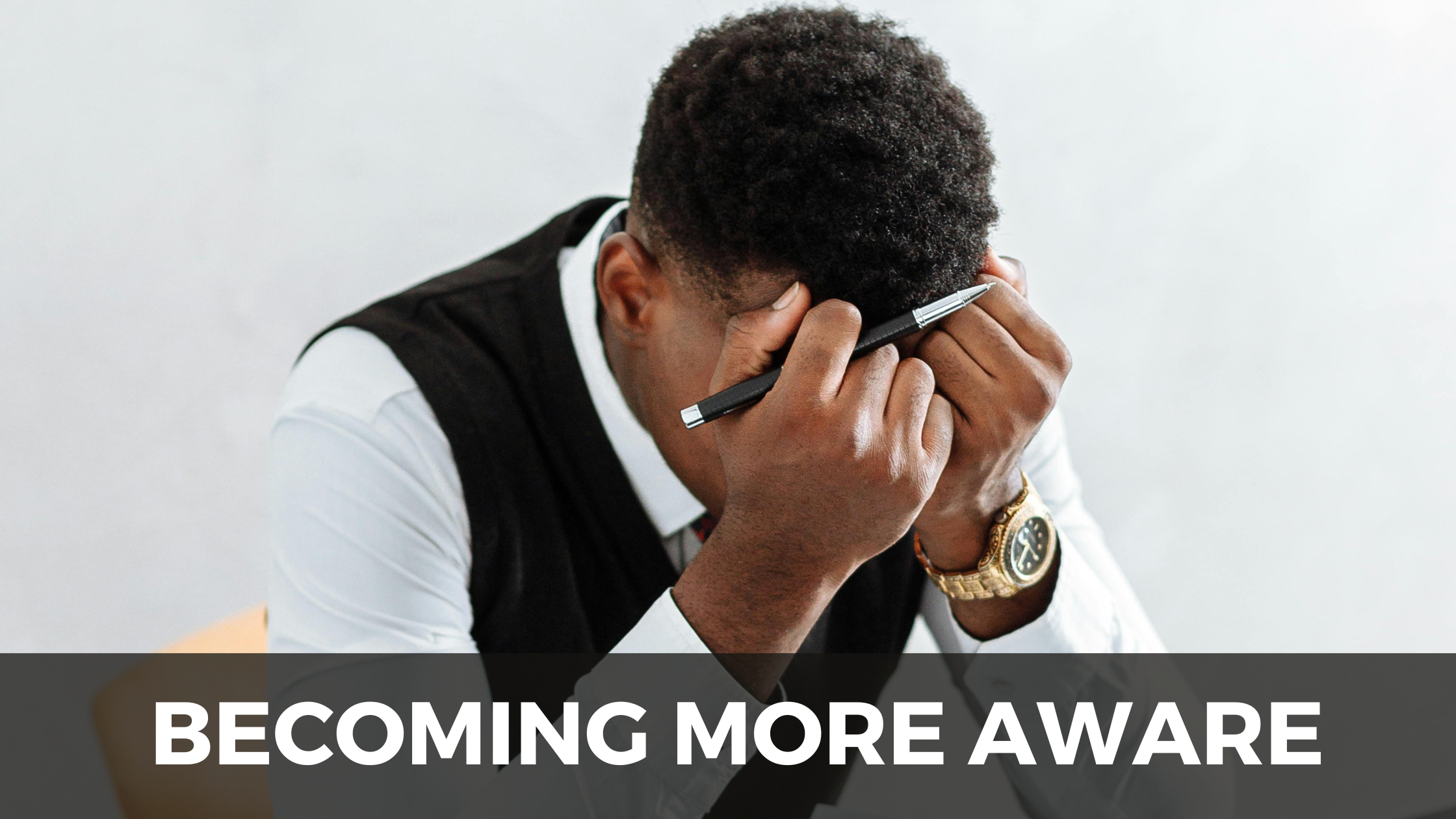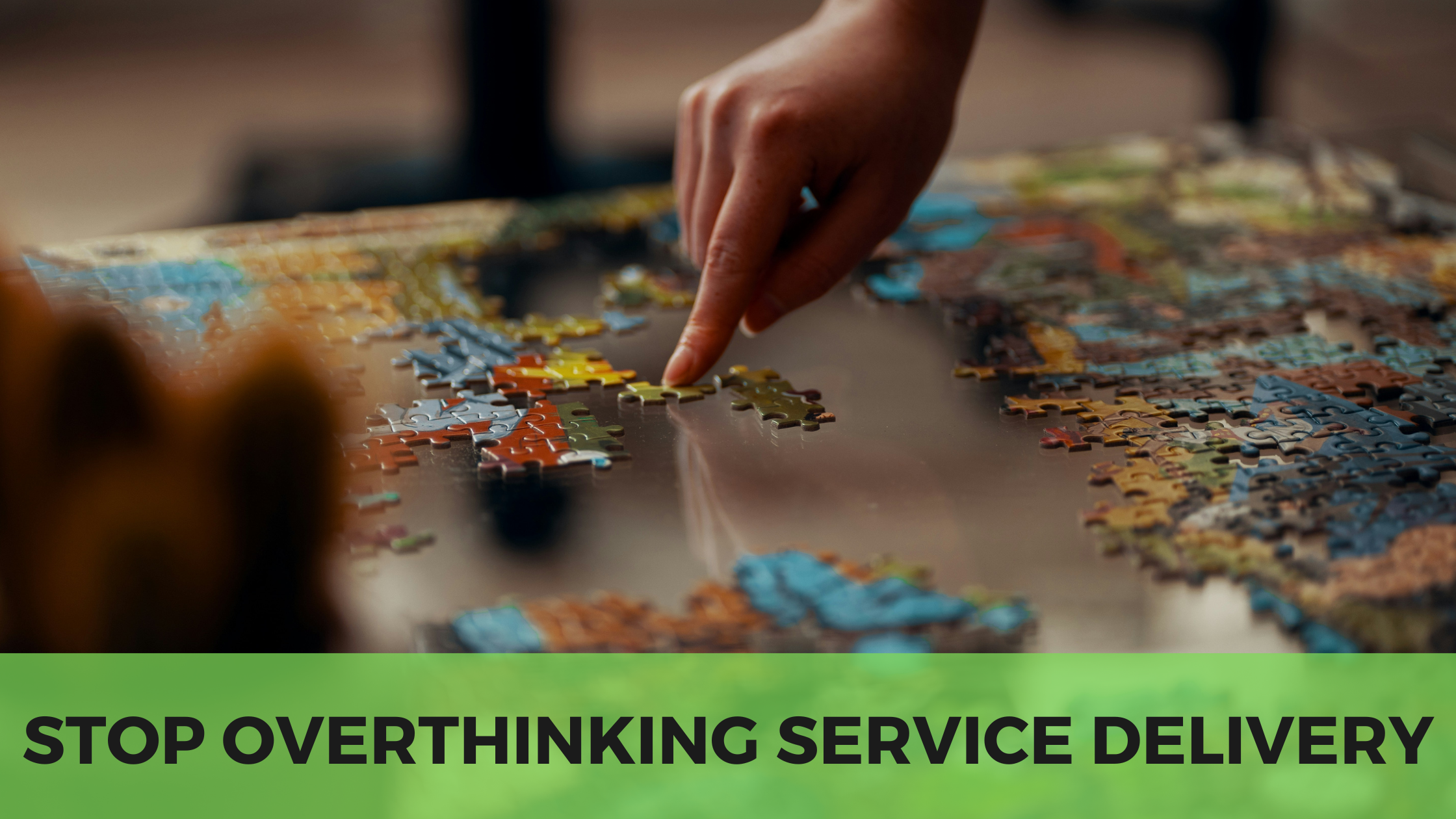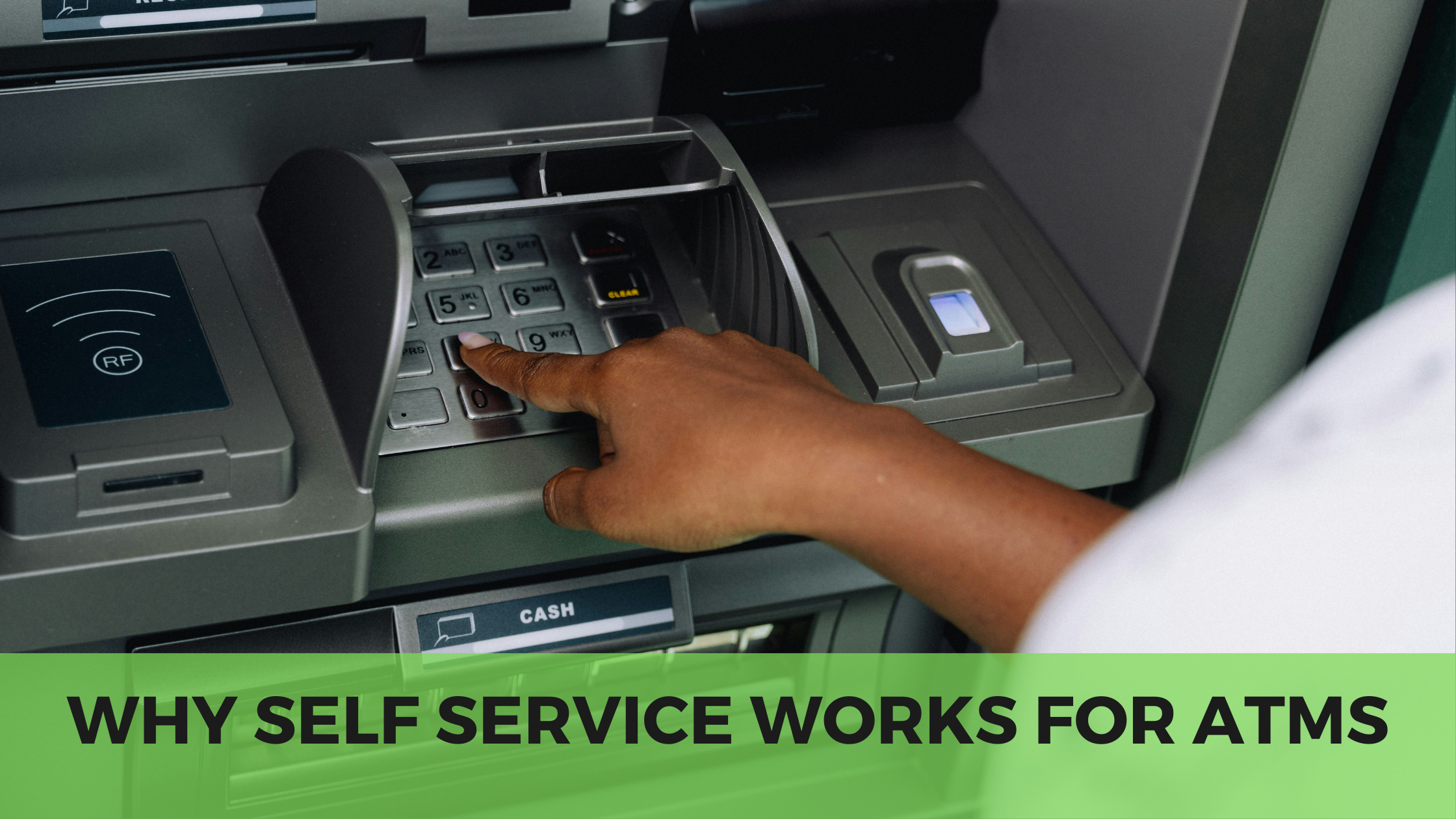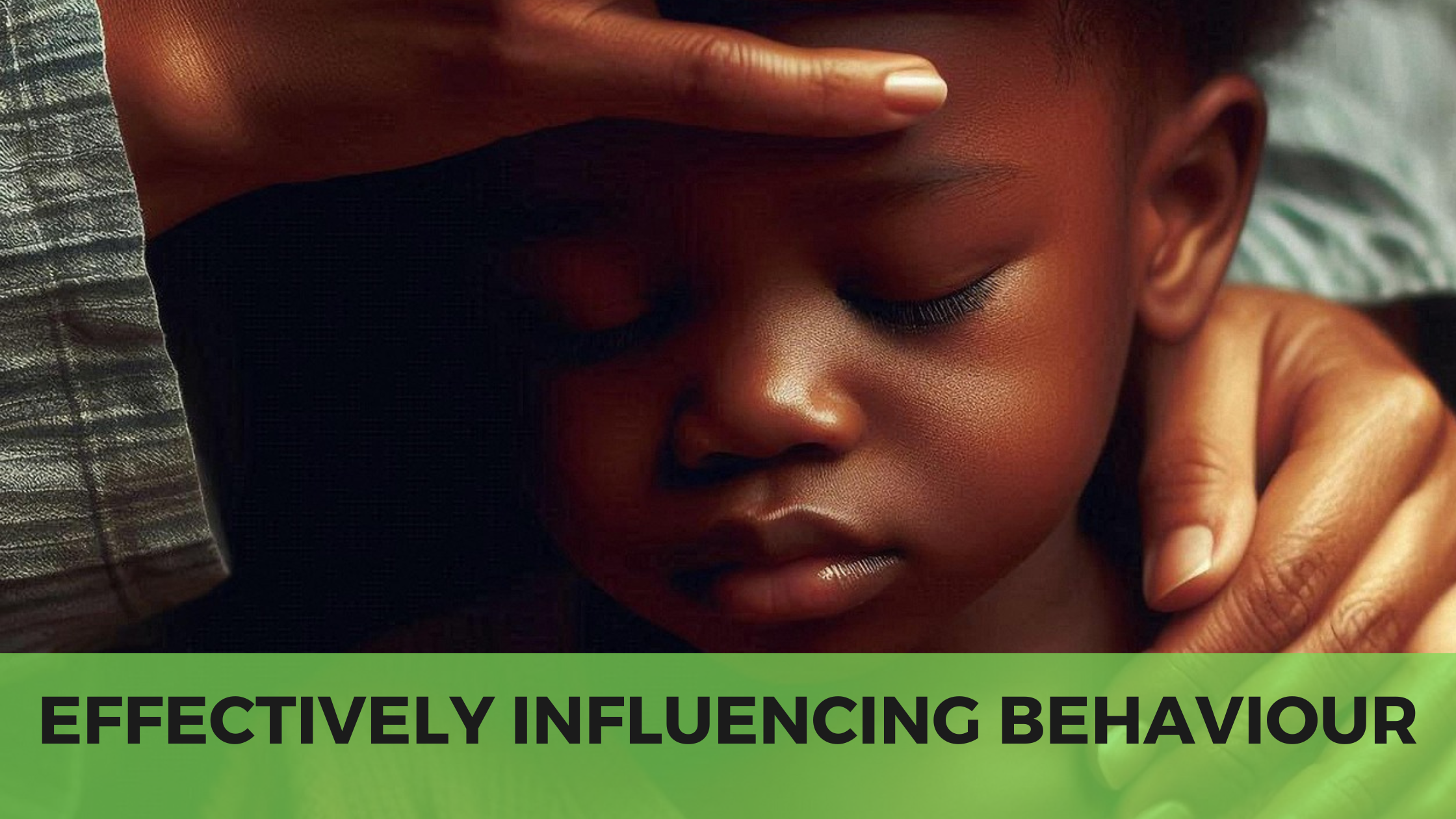Allan is a data management specialist working in a small hospital in Mityana. A hard worker and a dedicated, well-intentioned teammate, Allan is always quick to lend his support when colleagues need help on a project. Recently, however, he’s fallen behind in some of his responsibilities.
This was the case when Allan agreed to help Elizabeth research potential vendors to upgrade their hospital’s electronic health records system. Working under a tight timeframe, Elizabeth had only a month to pick vendors and complete the request for proposals (RFP) process. After the first week, Elizabeth checked in, and Allan, while a little vague, said he was on track to share a list the following week. But Allan never did end up delivering his research. The second week passed and Elizabeth, frustrated, moved on to doing the research and reminded herself not to ask for Allan’s help again.
Little did Elizabeth know of Allan’s struggles to feel close to people, which cause him anxiety in his relationships. He values connection and yearns to feel secure in his personal and professional relationships, yet this has proven challenging for him in the past. This tension results in his behaving in ways that are overly accommodating.
He tends to immediately agree to requests because he fears if he says no, the relationships will be harmed or even broken. As a result, he ends up taking on tasks and responsibilities that are more than he can handle, causing him to feel overwhelmed, despondent, and resentful. More often than not, he cannot complete all that he takes on. This has gained him the reputation of overpromising and underdelivering. Ironically, his attempts to forge stronger relationships end up putting significant strain on them.
Do you relate to any part of Allan and Elizabeth’s story? Many people have a reflexive inclination to want to please others, and, like Allan, say yes when they should say no. Or perhaps you’ve been in Elizabeth’s position, frustrated by people around you who drop the ball. What do you think could help prevent these demoralizing, everyday failures in accountability from happening?
The answer is conscious awareness. Had Allan been more aware of his relationship anxiety and how that leads him to overcommit, he might have handled Elizabeth’s request differently. Likewise, had Elizabeth been more aware of Allan’s current workload or his tendency to people-please, she might have had a different kind of conversation with him about the work upfront.
Conscious awareness is the key differentiator between transactional accountability and conscious accountability, which is more transformational. Transactional accountability means “Who is to blame? Who should be held responsible?” Holding others accountable in a transactional way, even yourself, can feel like assuming the role of a watchdog or an enforcer who gets people to do things by doling out threats. In this framing, accountability can feel sterile, individualistic, and even punitive. As a result, people being held accountable for something may expect punishment, retribution, or loss of credibility or status if they do not follow through and deliver; the motivation for action is therefore often fear, discomfort, or concern, rather than something more.
Conscious accountability is a practice of working together in ways that catalyze interpersonal connections and produce excellent task outcomes. In this model, people who are consciously accountable to one another are deeply motivated not just by their shared goals but also by the quality of their relationships with one another. Accountability stems not from fear of reprisal or retribution but from wanting to do right by oneself and others.
Awareness of one’s own strengths, weaknesses, intentions, and emotions— and being aware of or curious about those of others—figures prominently in how we practice conscious accountability. Failing to produce is not a black and-white invitation for reprisal but a learning moment, supported by the relationship that has experienced the lapse in accountability.
With greater awareness, we can better hold ourselves and others accountable. Conscious awareness is what allows for a more holistic and humanistic understanding of the big picture as we pursue our goals. Therefore, one of the ways we can improve our practice of conscious accountability is to work actively and deliberately to expand our conscious awareness.








